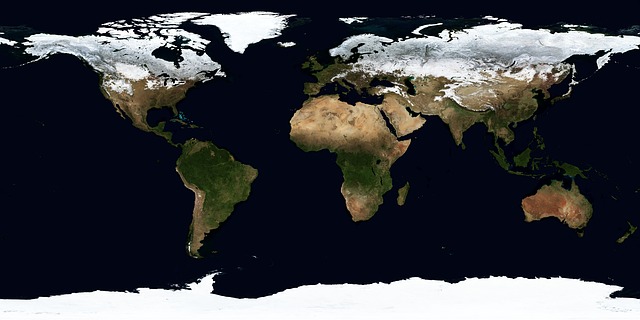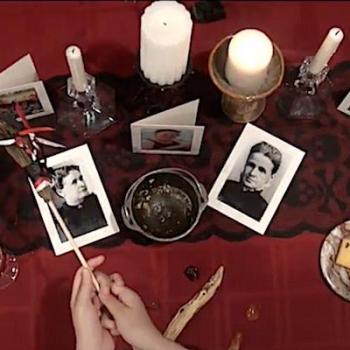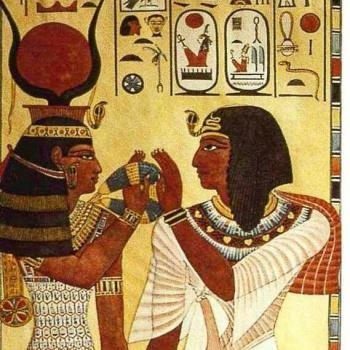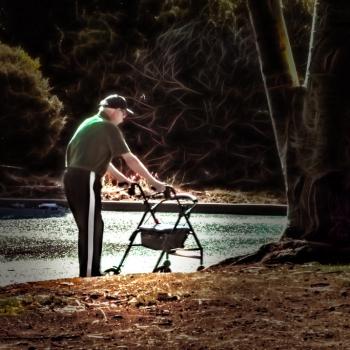 One of the ideas I have most appreciated in my studies with the Temple of Witchcraft is the concept of True Will. This idea says that we have a true spiritual purpose, which aligns with our own highest good, and with the highest good of the whole interdependent web of existence.
One of the ideas I have most appreciated in my studies with the Temple of Witchcraft is the concept of True Will. This idea says that we have a true spiritual purpose, which aligns with our own highest good, and with the highest good of the whole interdependent web of existence.
Acting from our Will, we will make good decisions, and secure our own happiness and that of others. Will in this sense is different from lowercase will, or the passing wants and desires of the moment. These are not bad, as they are in some theological systems, but they will not necessarily lead to our own highest good, or to the best outcome for all. So, Will, our true Will has to be discovered through spiritual practice. I have found this a helpful model for discernment, and it reminds me of a theological argument from Universalism.
Universalism
Nineteenth century Universalists, who believed that all people would be saved by God and go to heaven, faced criticism from their more orthodox neighbors who said that without the threat of hell, people would have no reason to act morally. The (likely apocryphal) story of Hosea Ballou in conversation with a Baptist illustrates this point – and the Universalist response. Hosea Ballou was riding circuit between several congregations, as was this Baptist colleague, and they happened to share a section of the road. The Baptist minister said to Hosea, “Brother Ballou, if I were a Universalist, I could knock you on the head and steal your horse and all your possessions, and still be assured of heaven.” Hosea is said to have replied, “Brother, if you were a Universalist, the thought would not occur to you.”
The Universalists taught that people act morally, or in their words, practice holiness, because this is what leads to true happiness. In other words, stealing a horse would not occur to a Universalist, not because Universalists are better people than others, but because Universalists know a secret, one not obvious to everyone, but deeply true nonetheless: that true happiness requires living from principles of justice, equity, and compassion. In the words of the 1793 Winchester Profession, the Universalists of the time all agreed, “We believe that holiness and true happiness are inseparably connected, and that believers ought to be careful to maintain order and practice good works; for these things are good and profitable unto men.”
Both of these theological systems tell us that true happiness and the good of the world require that we look past the fleeting desires of the moment – they are not evil, just incomplete – to the deeper truths that we are interconnected. That our happiness, not just our goodness, but our happiness, our sense of contentment, fulfillment, and purpose, requires decisions which take into account the wellbeing of others and the whole of which we are a part.
This is a Principle too much missing in public policy, I think, and especially under the current White House administration. Our wellbeing as Americans depends on the wellbeing of the whole global community. Our future as a nation depends not only on the wellbeing of the world’s other humans, but also on the wellbeing of the planet and the interconnected biosphere on whom we depend for our very survival, but also for our sense of purpose, connectedness, wonder, and joy.
Withdrawal from the Paris Accords as a Failure of Will
The decision to pull out of the Paris Climate Accords is just the latest example of short-term lowercase will thinking that threatens our true Will as people and as a nation. It is a step away from our global community, a step back from our responsibilities to our collective environmental crisis, a step toward isolation and irrelevance.
When I tell my teacher, Christopher Penczak, about a decision I am contemplating, he will often ask me if it is my Will. So, let us ask ourselves in the face of our government pulling back from a commitment to the survival of our planet and the health of the interdependent web of existence of which we are a part, what is our Will in how to respond?













